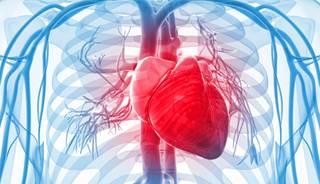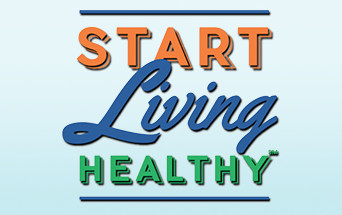Heart Disease and Stroke Program

The Heart Disease and Stroke Program (HDSP) focuses on the prevention and management of all types of cardiovascular disease, a term that encompasses a variety of diseases and conditions affecting the heart and blood vessels. The most common cardiovascular diseases are heart disease and stroke.
Heart disease and stroke are the first and third leading causes of death in Hawaii, and cardiovascular disease is responsible for 3,700 deaths per year. One person dies every 36 seconds in the United States from cardiovascular disease.
The good news is that cardiovascular disease is largely preventable. HDSP works with community health workers, pharmacies, insurers, health organizations and federally qualified community health centers throughout Hawaii to promote blood pressure screening, education and management to at-risk populations. In partnership with quality improvement organizations, HDSP works to effect change both at the systems and the community levels. HDSP is federally funded through a cooperative agreement with the Centers for Disease Control and Prevention.
WORKING WITH COMMUNITY HEALTH WORKERS
Community Health Workers are community-based lay public health workers who are trusted members of the community served. CHWs serve as the liaison between the health and social services sector and community members. CHWs also facilitate access to services and improve the quality and cultural competence of service delivery.
HDSP works closely with the Bilingual Health Services Program as well as the Hawaii CHW Association to ensure that CHWs have the necessary resources and tools to educate their communities about high blood pressure and other risk factors for cardiovascular disease. HDSP has also formed partnerships with community organizations, state colleges, and local health systems to promote the importance of CHWs as a member of the care team through grant-based strategies.



